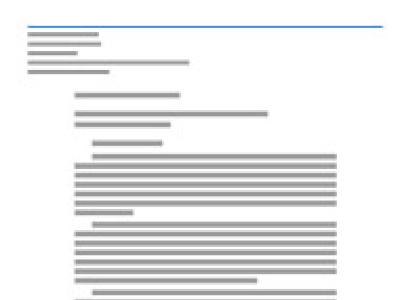
Analysts of African political party systems frequently assert that political parties and party system development are central to the effective functioning and eventual consolidation of democracy on the continent. Due to both lack of data and elite bias, analysts have overlooked a critical link in the chain of party system evolution: mass attitudes toward political parties generally, and towards opposition parties in particular. Afrobarometer data reveals that there is, on average, a very large (20-percentage point) gap in levels of public trust between ruling and opposition parties. Our findings suggest that African publics may willingly, if unconsciously, collude with their leaders to preserve the status quo. This paper finds evidence to support the claim that oppositions are weak because Africans place especially high social value on respect for their “father-leaders.” It also finds that the combined effects of anti-competitive and deferential attitudes toward power add up to a sizeable disadvantage for opposition parties. Furthermore the paper demonstrates the positive effects, in terms of reducing the trust gap, of party alternations when they do occur. The results support the belief that alternations can have lasting consequences on attitudes toward competition, and hence on the competitiveness of a political system.





